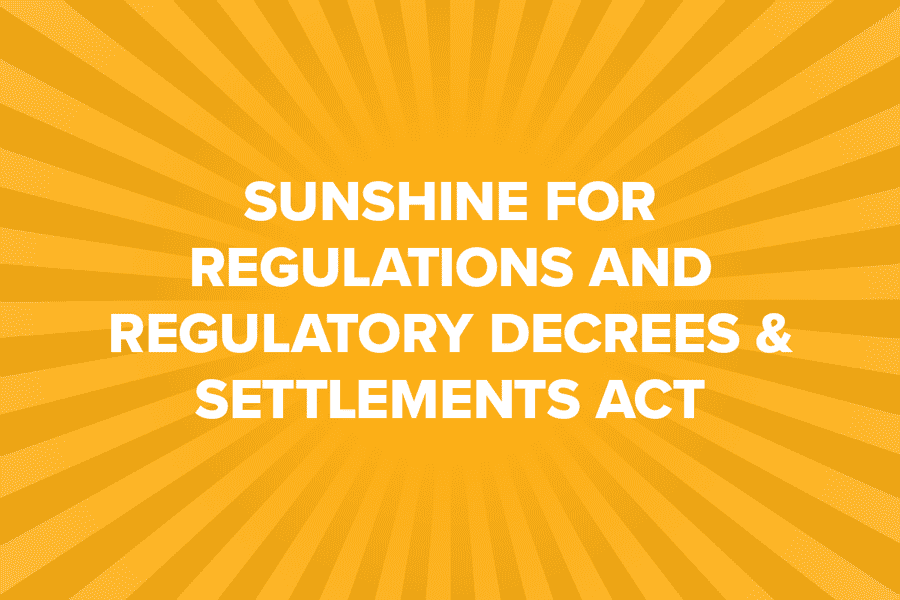Energy

Driven by technological innovation, America is in the midst of an energy revolution that will help meet the world’s growing demand for energy while reducing emissions. This innovation has propelled the U.S. to become the world’s largest oil and natural gas producer—done under the strictest environmental standards. Our growing renewable energy industry and nuclear industries hold great promise to produce more emissions-free electricity, even while more work lies ahead developing the technologies of tomorrow that promise to decarbonize our economy without sacrificing reliability or affordability. American energy has spawned a manufacturing renaissance, which has created trade opportunities and transformed our economy.
Related Topics
Latest
Become a part of the world’s largest business organization and network
U.S. Chamber members range from small businesses and chambers of commerce across the country to startups in fast-growing sectors, leading industry associations, and global corporations.
Discover the ROI Chamber membership can deliver for you.
Our Work
The U.S. Chamber’s Global Energy Institute is playing a leading role in the fight to modernize our energy infrastructure, including pipelines, transmission lines, and other facilities needed to meet growing energy demands. Rather than artificial policy constraints through canceled projects and mandates, the Chamber supports efforts to reduce the environmental footprint of energy production and is working on bipartisan solutions to allow the U.S. to maintain its competitive edge and utilize our abundant energy resources.
Related Litigation
Events
Latest Content
WASHINGTON, D.C. – Karen Harbert, president and CEO of the U.S. Chamber’s Global Energy Institute, issued the following statement regarding the decision by the Nebraska Public Service Commission (NPSC) to grant a permit that will allow construction of the Keystone XL pipeline in Nebraska:
The U.S. Chamber applauds EPA Administrator Pruitt's rollback of two rules that hovered ominously over key industries for far too long.
By Karen Harbert, President and CEO, Global Energy Institute The Clean Power Plan was the wrong answer to a real concern. To be clear, the U.S. Chamber of Commerce believes that the climate is changing, and that man is contributing to these changes. We also believe that technology and innovation, rather than sweeping federal mandates, offer the best approach for reducing greenhouse gas emissions and mitigating the impacts of climate change.
We now have an administration that appreciates the good things America’s energy resources do for families, jobs, and the economy
WASHINGTON, D.C.—As the Trump administration moves forward with an ambitious energy and environmental reform agenda, the U.S. Chamber’s Global Energy Institute and the law firm Beveridge & Diamond today launched a comprehensive Energy Tracker to help follow key regulatory, judicial, and legislative developments. The user-friendly Energy Tracker contains a sortable database of federal energy and environmental actions tracked by date, agency, topic, and issue area.
WASHINGTON, D.C.—Karen Harbert, president and CEO of the U.S. Chamber’s Global Energy Institute, issued the following statement today regarding EPA’s formal action proposing repeal of the Clean Power Plan:
The 2017 edition of Global Energy Institute’s Index of U.S. Energy Security Risk finds that U.S. energy security is continuing to rapidly improve to one of the best scores in decades, after hitting bottom just five years ago.
New report from the Global Energy Institute demonstrates the value of a diverse energy mix.
A new study by analytics firm IHS Markit, co-sponsored by the U.S. Chamber’s Global Energy Institute, puts a price tag on just how important our current balance of coal, natural gas, nuclear, and renewable energy really is. The report, ‘Ensuring Resilient and Efficient Electricity Generation,’ found that the current diverse and balanced portfolio of electricity resources is saving our nation $114 billion per year in electricity costs. As a result, the cost of electricity is 27 percent lower than it would be without such a well-balanced mix.
This letter in support of H.R. 210, the "Native American Energy Act," was sent to member of the House Committee on Natural Resources.











